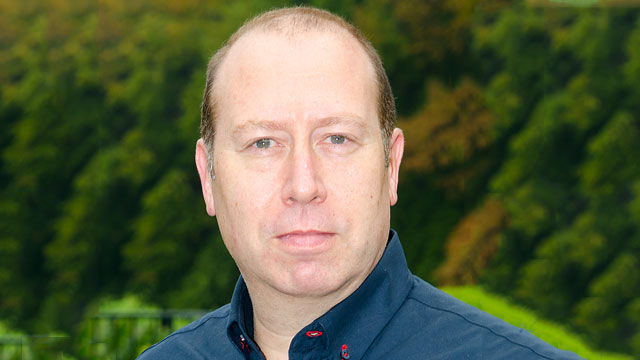
The past few years have been significant for Telkom. The market has shifted significantly and, after a slew of CEOs, it appears Nombulelo Moholi and her management team are getting things back on track. The advances of a company as big and successful as KT appeared both flattering and sensible. KT has helped transform the telecommunications landscape in Korea and assisted in making the Asian country one of the most connected in the world.
KT was founded in 1987 as a public corporation and, although it was formed out of state-run departments, it is now an independent company where the largest single shareholder is the Korean National Pension Service (NPS). The NPS has only 8,26% of the shares, which contrasts with Telkom’s major shareholder being government with an effective 50,7% (with a direct share of 39,8% and 10,9% through the PIC, state pension fund administrator), and clearly highlights how different the two entities are.
Telkom is without doubt the most significant provider of telecoms services in SA. The relatively recent deregulation of the market — following the successful case brought by Altech in 2008 against former communications minister Ivy Matsepe-Casaburri – has done little to alter significantly the landscape. An example is the total fibre-optic infrastructure owned and managed by Telkom exceeds 140 000 km, while all the other providers put together have reached a mere 14 000 km. Hardly any business does not use Telkom facilities, and a huge amount of all cellular traffic is delivered over Telkom’s network.
The operator has made spectacularly bad decisions in the recent few years, not the least being the Multi-Links disaster in Nigeria, where it lost more than R10bn — an investment, which if made locally, could have completely revolutionised Telkom’s network. SA is big enough market for Telkom and there is scope for growth and profit at home.
Many analysts have argued that the proposed KT deal would have been the saviour of a fast-failing Telkom. But the company is not failing that fast and its demise has been greatly exaggerated. Even its loss-making mobile arm, 8ta, will probably succeed in the long term, despite the branding confusion created by using “8ta” instead of “Telkom” in the name. Mobile is key to Telkom’s future and the company has the resources and know-how to make it work in the long term.
KT has deep experience in rolling out fixed and mobile broadband networks in Korea. We must bear in mind that SA is not Korea and our country has different demographics and population densities and a population that is far more diverse both culturally and economically.
The lessons learnt and the skills developed by KT in Korea may not map at all well to the SA context. KT is also an independent corporation with a management and shareholding structure that is very different to Telkom’s. Culturally, economically and structurally, there is no clear congruence between Telkom and KT Corp.
The proposed KT deal was starting to feel a bit like Telkom’s agreement with Telekom Malaysia and America’s SBC, struck in the 1990s. Huge promises of benefits and skills transfer were made then, along with all sorts of guarantees and financial arrangements that were biased in favour of the foreign partners. The result was a short-term financial windfall for government and huge, long-term cash outflows to SBC and Telekom Malaysia.
There was also little skills transfer and a ruinous five-year exclusivity deal over fixed telecoms, which became almost a decade in practice. This arrangement arguably resulted in SA falling 10 years behind the curve in infrastructure development. There were also massive profits for the foreign consortium once it exited the arrangement, with little benefit for Telkom or SA in the end.
I don’t believe SA or Telkom need KT. Technical expertise is there for the taking from any of the highly competitive vendors of all the technologies required by Telkom. The company retains a core of deep talent that is the envy of many local operators. The many issues Telkom faces will not be relieved magically by an injection of foreign know-how and managers. In fact, these may have created further delays in the recovery and rejuvenation of Telkom.
Government should now step back and let Telkom get on with business. Telkom has the skills and resources to make itself profitable and competitive.
I am not saying KT could not have made a significant contribution. But taking the cost of that contribution into account, cabinet may have made the right call.
Telkom needs to get back to basics, stop running around wooing external companies to assist in righting the ship, and focus on the fact that it is the biggest and in some respects best telecoms provider in SA.
It needs to bring telecoms, both fixed and mobile, to everyone in SA. Hopefully, this can be achieved at an affordable and competitive price, coupled with service levels that help the country prosper rather than hindering our growth and development.
- Steven Ambrose is MD of Strategy Worx. The views expressed in this column are not necessarily shared by TechCentral.

